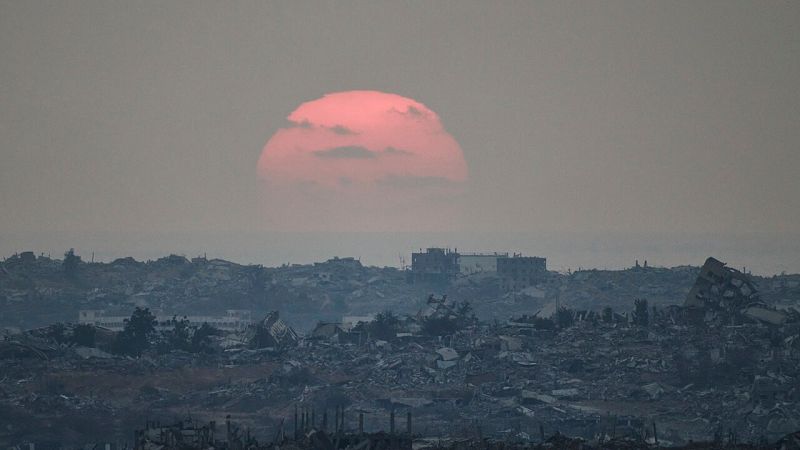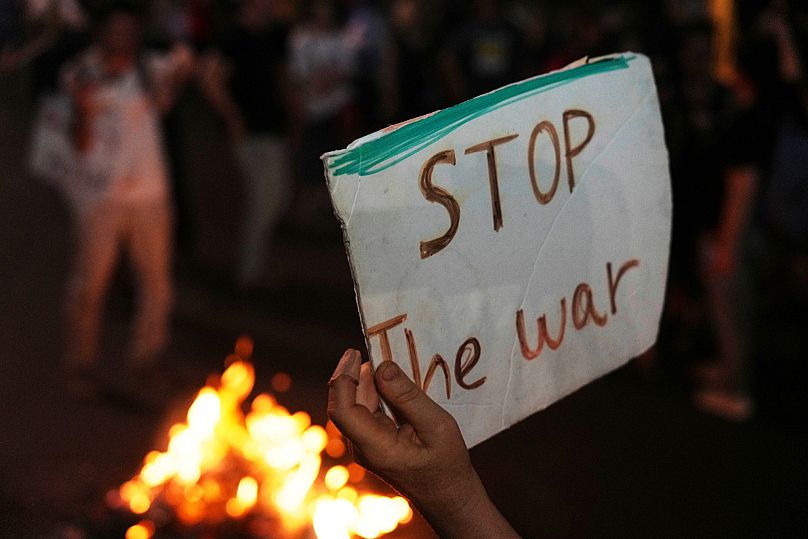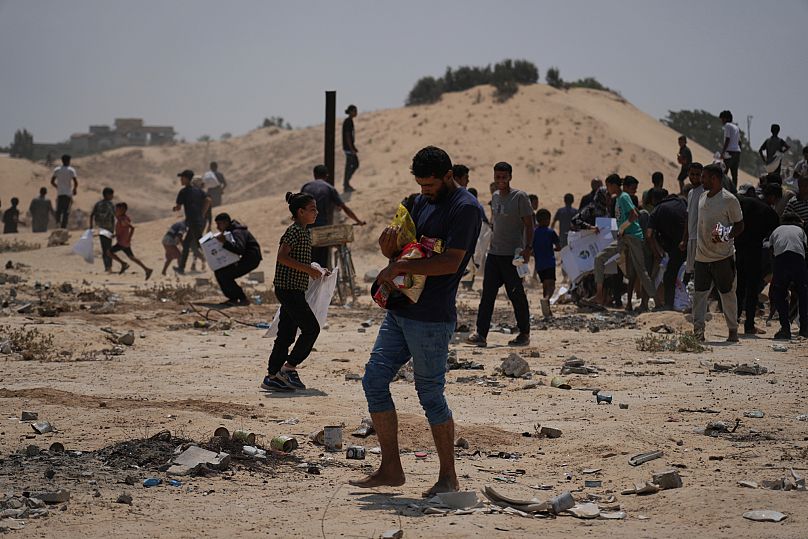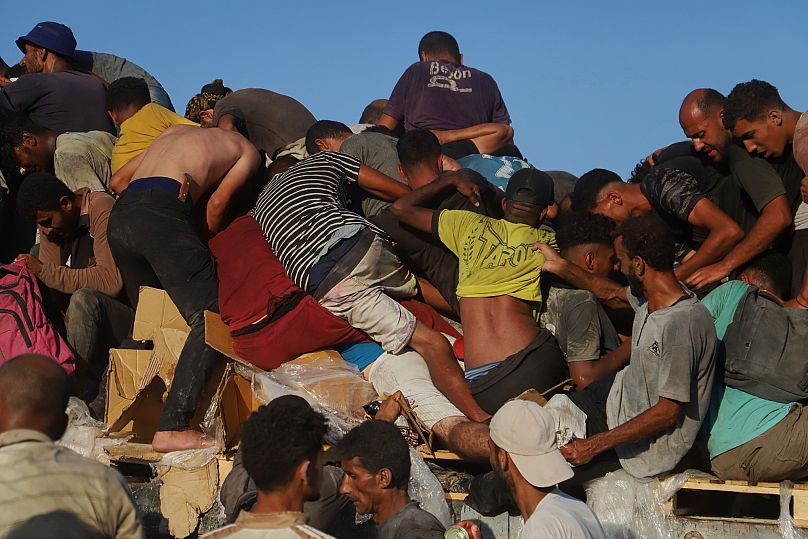Five foreign ministers condemn Israel's Gaza City takeover plans in joint statement

Five foreign ministers have issued a joint statement condemning Israel's plans to further escalate the ongoing war in Gaza and take control of Gaza City.
Germany, Italy, the United Kingdom, Australia and New Zealand said in the statement that the plan, announced by the Israeli Security Cabinet on Friday, "will aggravate the catastrophic humanitarian situation, endanger the lives of the hostages, and further risk the mass displacement of civilians."
"Any attempts at annexation or of settlement extension violate international law," the statement added.
The foreign ministers called for an immediate end to the war, emphasising that a "worst-case scenario of a famine is unfolding". They also called on Hamas to release the remaining hostages it holds "without precondition" and ensure they are "humanely treated and not subject to cruelty and humiliation."
Dissent in Israel has also steadily grown as hostages have languished in captivity. Some families of the hostages and their supporters have staged large protests calling for a ceasefire with Hamas that would bring their loved ones home.
“All of Israel wants a comprehensive deal and an end to the war,” Einav Zangauker, mother of hostage Matan Zangauker, said in a statement on Friday. “For the State of Israel to guarantee the security of its citizens, we must end this injustice that has been done to our loved ones for 22 months.”
Israeli Prime Minister Benjamin Netanyahu's Security Cabinet went forward with the plan against the advice of military leaders, including Chief of the General Staff Lieutenant General Eyal Zamir, who warned on Thursday that the plan would endanger the lives of the hostages and further stretch the military.
The announcement came after Netanyahu also suggested more sweeping plans on Thursday for Israel to take control of all of Gaza. Israel already controls around three-quarters of the territory.
Hamas rejected Israel’s plans. “Expanding of aggression against our Palestinian people will not be a walk in the park,” the group said in a statement.
Stephanie Tremblay, the associate spokesperson for the UN Secretary-General, told the press on Friday that "the Secretary General is gravely alarmed by the decision of the Israeli government to take control of Gaza City."
The UN Security Council announced an emergency meeting on Israel's plans was rescheduled to Sunday after originally being scheduled to take place on Saturday.
International aid drops continue
International powers, including Israeli allies France, Britain and Canada, have stepped up criticism of the war amid mounting shock over media reports showing starvation.
Germany said Friday it would not authorise the export of military equipment that could be used in Gaza until further notice.
Several countries have led coordinated efforts to carry out aid drops over Gaza, a last resort as Israel's blockade and military offensive have made it nearly impossible to safely deliver aid, contributing to the territory's slide toward famine.
A new load of air dropped aid sent by Italy landed in Gaza on Saturday.
The UN and aid groups call such drops costly and dangerous for residents, and say they deliver far less aid than trucks.
Many food parcels dropped by air have splashed into the Mediterranean Sea or landed in so-called red zones from which Israel's military has ordered people to evacuate. In either case, Palestinians risk their lives to get flour and other basic goods.
Palestinians also continue to be killed while seeking aid at four locations run by the controversial Gaza Humanitarian Foundation.
Witnesses and UN agencies have called the sites "death traps", as hundreds of people have been reported killed while seeking aid, although the GHF continues to maintain that no violence has occurred.
GHF said a new UN route runs near two of its sites in the south and has drawn large crowds of people who unload the convoys.
But the United Nations, partners, and Palestinians say far too little aid is coming in, with months of supplies piled up outside Gaza waiting for Israeli approval.
And although the UN estimates that 500 to 600 trucks of aid are needed daily, the trucks entering are mostly stripped of supplies by desperate people and criminal groups before reaching warehouses for distribution.
Today




